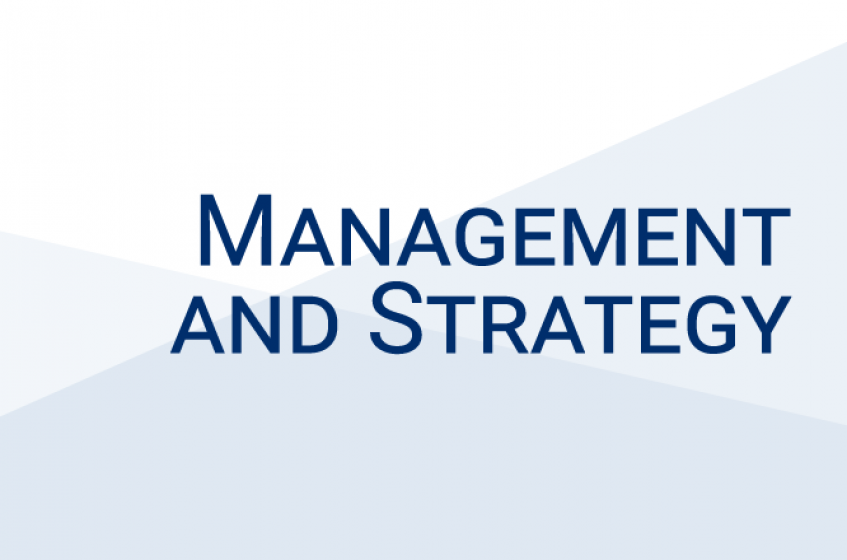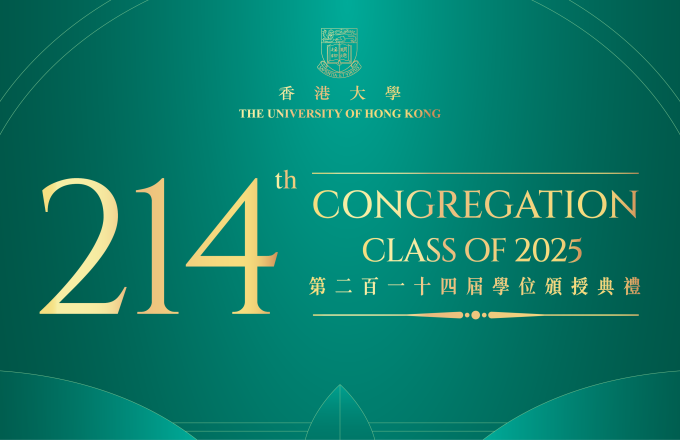Promotions at the Top: The Role of Social Class in Chief Executive Selection
Ms. Michelle Lee
Ph.D. in Strategic Management
Foster School of Business
University of Washington
Organizational scholars studying managers of large companies have long theorized that the managerial class is dominated by elites from upper social class backgrounds, suggesting that there is a preference for higher social class in selection for the chief executive position. However, prior research has not determined whether this preference is an effect of social class background or the result of human capital disparities between individuals of different social classes. In this study, I seek to assess whether social class can elicit evaluative advantages in favor of certain individuals and against others, above and beyond that which observable differences between candidates can explain. I propose two theoretical mechanisms of selection to help better understand who rises to the top in organizations. An affinity-based perspective suggests that higher social class candidates will be given preference because of their affinity with the broader elite culture surrounding organizations. Alternatively, a mobility-based perspective submits that candidates from a lower social class may have an advantageous attribution of competence, growth capability, and strong work ethic because they have overcome the barriers faced by those of lower social class in moving up within organizations. I reconcile and test these predictions using institutional logics research that provides strong evidence of two frameworks that competed in executive selection decisions from the 1970s to the present: managerial and market logics. I use a unique sample of 450 lead candidates for CEO with a detailed measure of social class that incorporates handcollected census data on each candidate’s parental occupation, education, and income. My findings suggest that when a managerial logic is prevalent, as measured by the degree of diversification in companies and the proportion of executives on board, a mobility-based selection favoring those from lower social class is the dominant selection mechanism. However, as a market logic has become the dominant framework in organizations, as measured by institutional ownership and a more recent time period, those from higher social class backgrounds are more likely to be selected.

















